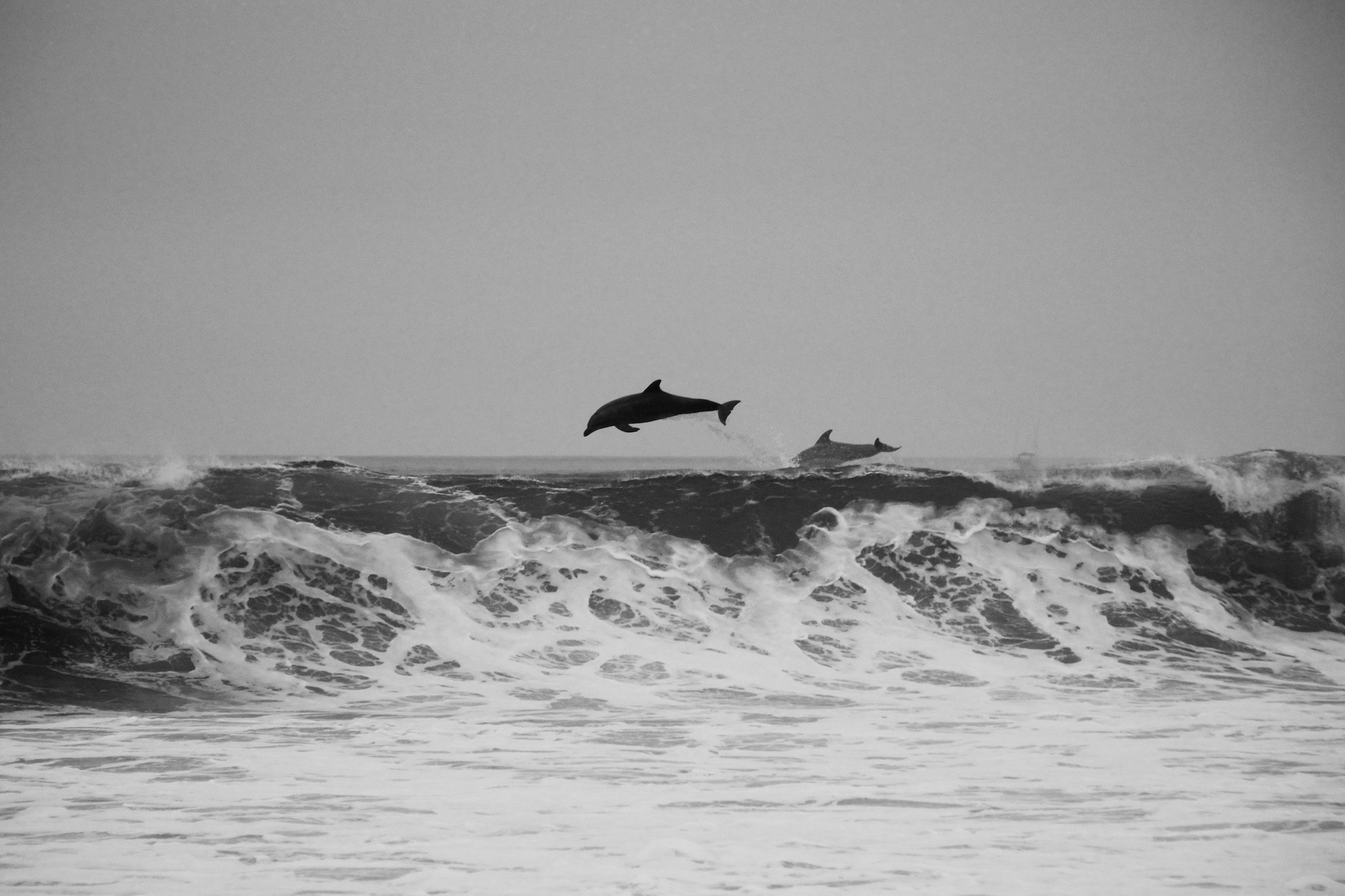When Expertise Becomes Your Worst Enemy
Expertise once built credibility. Now it kills connection. Discover why authenticity and story matter more than titles in today’s world.

Expertise used to open doors. Now, it quietly closes them. If you live through your experience, there’s a high chance no one will listen anymore. It’s unfair, and a little sad. There was a time when you could drop the names of your schools, your titles, your references, and people would nod in admiration. You could say, “I worked at Microsoft,” and the room would instantly tilt in your favor. That time is gone.
Today, those same words don’t make you look credible. They make you look dated. Like someone still playing an old game that no one’s watching anymore. I remember writing my first CV. Hours spent polishing it, aligning margins, finding the right font, trying to sound both serious and creative. That piece of paper felt like my ticket into the world. Now? Does anyone still read resumes?
We’ve entered a strange time where competence doesn’t sell. Where skills matter, but stories decide. Where a degree in marketing won’t save you if you can’t make people feel something. It’s not that expertise became useless, it just lost its emotional weight. People no longer buy what you know. They buy why you know it, how you think, who you are behind the mask. And that’s a problem for a lot of us, because hiding behind expertise was safe. It gave us a language to exist in rooms we didn’t feel worthy of. It gave us armor.
But here’s the thing: armor keeps you safe. It also keeps you disconnected. When you introduce yourself by your title, you kill the conversation before it begins. Try it. Say: “I’m Théo, I’m a business owner.” What happens next? A polite, “Oh, what kind of business?” You answer. Then silence. That’s it. You’ve reached the end of the script. But if you start with “I dedicate my life to find stories worth telling,” suddenly you’ve opened a door. You’ve created curiosity. A human crack.
Most people don’t realize that credentials are not neutral. They are shields. They signal that you’re protecting something, often your own fear of being unseen without them. We were not raised for this world. We were raised to be employable, not memorable. We were taught to collect titles like safety nets, bachelor, master, manager, founder, as if the letters could hold us together.
Twenty years ago, connection wasn’t a problem. You didn’t need a course or a podcast to learn how to be authentic. You met people. You talked. You laughed. And debate still existed. There was no algorithm between you and another human being. Now, we live in the era of “performance intimacy.” We want to connect, but we’re terrified of being seen. So we polish our bios. We hide behind logos. We tell half-truths in perfect lighting. We confuse exposure with connection.
Every word about our experience becomes a wall. Not because people hate success, but because it feels like you’re trying to prove something instead of share something. And subconsciously, that makes people not trust you. Because trust doesn’t come from status. It comes from risk. To be trusted, you must be willing to drop the armor. When you say “I used to work for Microsoft,” no one is impressed. They’re silently thinking, “Okay. But. Who. Are. You?” That’s the only question that matters. Who are you when you remove the list of achievements? What remains when the trophies are gone? What story do you tell when you can’t hide behind the résumé?
And that’s where it gets uncomfortable. Because for most of us, the answer is: not much. That’s why we hold on to our past with such force. We’ve spent years polishing an identity built on what we’ve done, not on who we are. But there’s another way. When you stop leading with expertise, something strange happens. You regain credibility, not in front of others, but in front of yourself. You stop being a résumé with a heartbeat and start becoming a person again. You start trusting your intuition more than your LinkedIn title. You start speaking from curiosity, not authority. You start seeing people, not prospects. And that shift changes everything.
The irony is this: the moment you stop trying to prove your value, people finally start to feel it. Because now they see you. Not your past. You. We don’t need more experts. We need more humans. People who dare to show the part that’s not polished, not perfect, but alive. So next time you introduce yourself, try leaving the titles out. Say who you are, not what you do. Because in a world obsessed with expertise, the most radical thing you can be is real.
Share:
.png)
Have a question or a story to share?
info@theomahy.com

.png)





.jpg)







